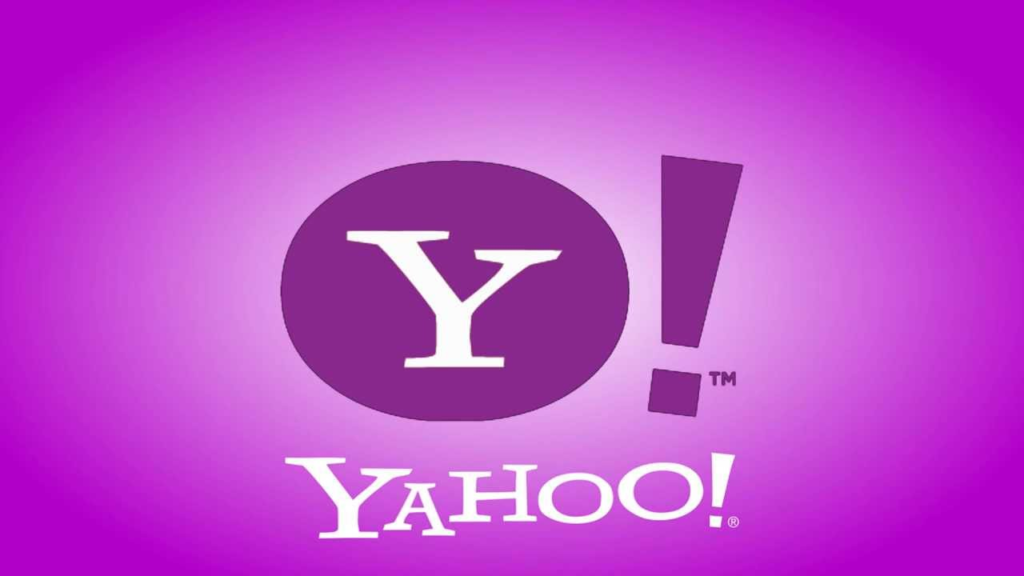Yahoo, a pioneer in the world of the internet, was once a dominant force and is now a part of Verizon Media. In this comprehensive guide, we will explore the history, services, and future plans of Yahoo.
The Birth of Yahoo:
Yahoo’s history dates back to January 1994 when Stanford University students, Jerry Yang and David Filo, created a directory of websites called “Jerry and David’s Guide to the World Wide Web.” This directory soon evolved into Yahoo, which stands for “Yet Another Hierarchical Officious Oracle.”
The Evolution of Yahoo:
Yahoo was one of the early leaders in the internet industry. Over the years, it transformed from a directory of websites into a major web portal and media conglomerate. However, it faced increasing competition, especially from Google, and saw its market share decline.
Yahoo’s Services:
Yahoo Search (1994): The original Yahoo directory evolved into a full-fledged search engine, providing web search services to users.
Yahoo Mail (1997): Yahoo’s email service is one of the most popular email platforms globally, offering features like spam filters, contacts, and a calendar.
Yahoo News (1996): Yahoo News offers news articles, videos, and a curated selection of stories from various sources.
Yahoo Finance (1996): Providing financial news, stock quotes, investment information, and a stock portfolio manager.
Yahoo Sports (1997): Offers sports news, scores, fantasy sports leagues, and coverage of various sporting events.
Yahoo Answers (2005): A community-driven question-and-answer platform where users can ask and answer questions on various topics.
Flickr (2005): A popular photo-sharing and hosting platform with a vibrant community of photographers.
Tumblr (2013): A microblogging and social media platform for sharing multimedia content and short-form blog posts.
Yahoo Groups (2001): A platform for creating and participating in online discussion groups on various topics.
Yahoo’s Future Plans:
Yahoo, now a part of Verizon Media, has faced challenges in the highly competitive internet landscape. While it may not dominate the search engine market, it remains active and has the following potential future directions:
Content and Media: Yahoo may continue to focus on content creation and distribution, leveraging its news, finance, and sports platforms.
Email Services: Yahoo Mail, with its substantial user base, may receive updates and improvements to remain competitive.
Community Engagement: Platforms like Yahoo Answers and Yahoo Groups may see enhancements to foster community engagement.
Video Streaming: Yahoo may explore opportunities in the growing market of video streaming and digital entertainment.
Data and Advertising: Leveraging data and advertising capabilities, Yahoo could remain active in digital marketing.
Collaborations and Partnerships: Collaborating with other companies and integrating services within the Verizon Media ecosystem is a potential strategy.
In conclusion, Yahoo’s journey from a simple web directory to a major internet player has been marked by change and challenges. Its future direction is likely to be shaped by its parent company, Verizon Media, and its focus on content, community, and services that cater to the evolving needs of internet users. While Yahoo may not be the dominant force it once was, it continues to play a role in the ever-changing digital landscape. Stay tuned for future developments in the Yahoo ecosystem.

